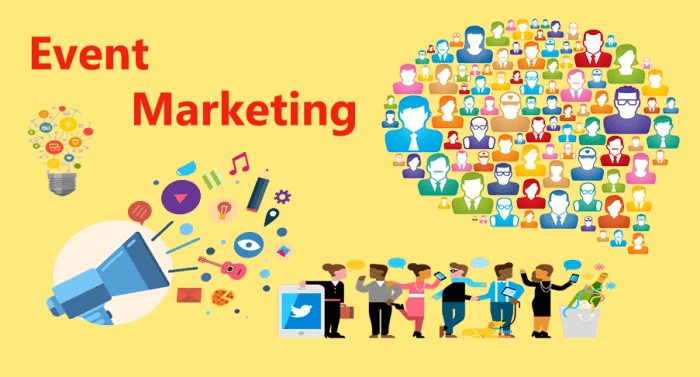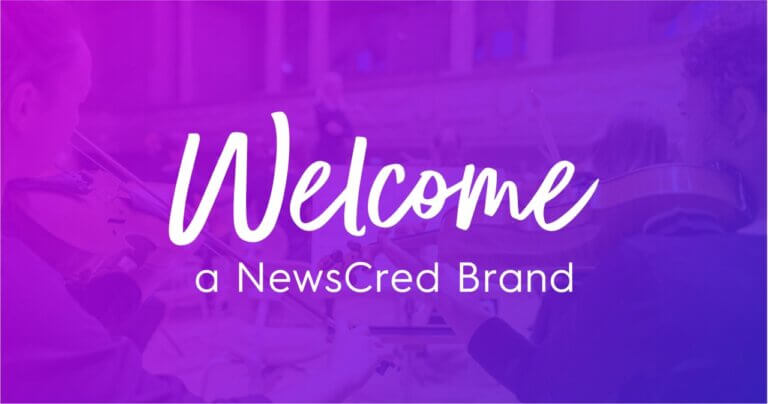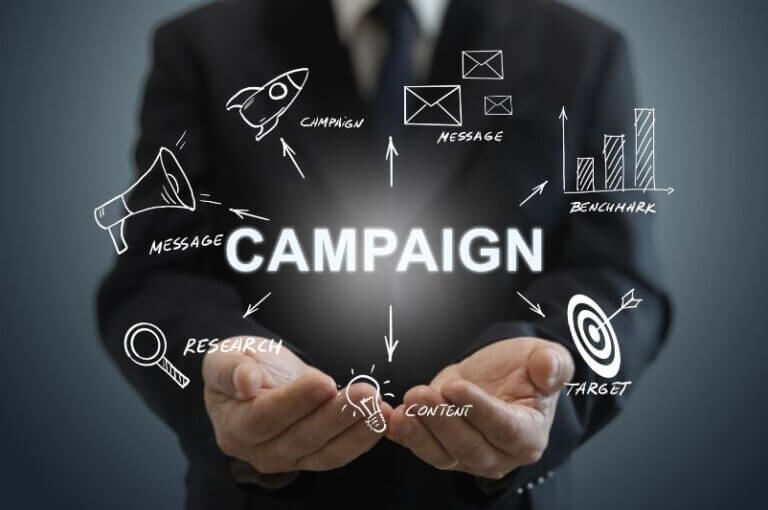Event Marketing
Introduction to Event Marketing
Event marketing is a marketing strategy that involves creating and promoting events to build brand awareness, generate leads, and connect with customers. It is a versatile marketing method used by companies of all sizes and industries and can be tailored to fit each business’s unique needs and goals.
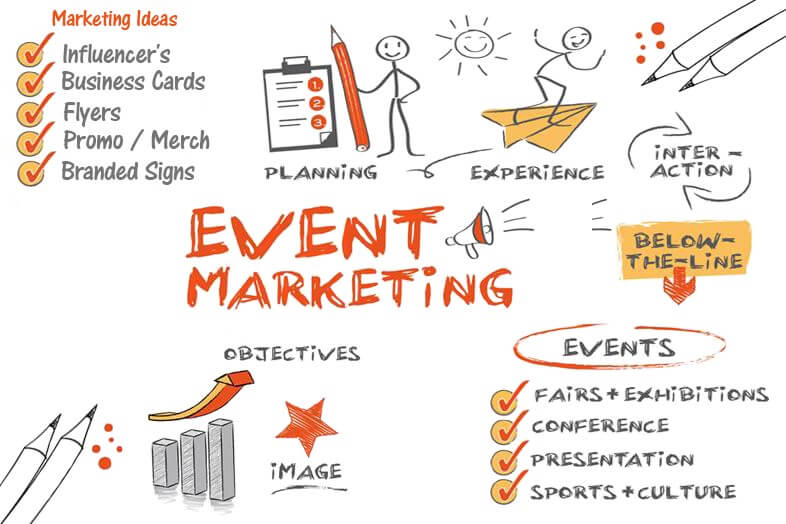
Definition of Event Marketing
To promote a brand, product, or service, event marketing refers to creating and promoting live events, such as trade shows, product launches, conferences, and workshops. It can also include virtual events, such as webinars and virtual meetings, that are held online. Event marketing focuses on providing a direct and interactive experience for potential customers, allowing them to engage with a brand or product in real-time.
Importance of Event Marketing
Event marketing plays a crucial role in a company’s overall marketing strategy by helping to build brand awareness, generate leads, and connect with customers in a meaningful way. By providing an interactive and engaging experience, events can help to differentiate a brand from its competitors and increase customer loyalty. Additionally, events provide a platform for businesses to showcase their products and services and gather valuable insights and feedback from their target audience.
Event marketing can also help to boost search engine optimization (SEO) by increasing online visibility and driving traffic to a company’s website. Through digital marketing channels, such as email marketing and social media, businesses can reach a wider audience and promote their events to potential customers who may not have been aware of them otherwise.
In conclusion, an event marketing agency is an essential component of a comprehensive marketing strategy, allowing companies to connect with customers in a meaningful way, build brand awareness, generate leads, and drive sales. Whether traditional, digital, or a combination, event marketing provides a powerful platform for companies to showcase their products and services and engage with their target audience.
Traditional Event Marketing Methods
Event marketing is a versatile marketing method that can be executed through various channels, including traditional methods such as physical events, print advertising, and broadcast advertising. In this section, we will explore the different types of conventional event marketing methods and the benefits of each.
Physical Events
Physical events, such as trade shows and exhibitions, conferences and workshops, and product launches, allow businesses to connect with customers in person and build relationships through face-to-face interactions. These events can be held in various locations, including convention centers, hotels, and outdoor spaces, and typically involve a combination of keynote speeches, panel discussions, product demonstrations, and networking opportunities.
Trade Shows and Exhibitions:
Trade shows and exhibitions are events where companies can showcase their products and services to a targeted audience. They provide an opportunity for businesses to network, build relationships with potential customers, and generate leads.
Conferences and Workshops:
Conferences and workshops focus on a specific industry or topic and allow attendees to learn from industry experts, participate in discussions, and network with peers. They can be held in person or online, ranging from a single day to multiple days.
Product Launches:
Product launches are events specifically designed to introduce a new product or service. These events can include keynote speeches, product demonstrations, and interactive displays and provide an opportunity for businesses to generate buzz and build excitement around a new product.
Print Advertising
Print advertising, such as brochures, flyers, magazines, and newspapers, allows businesses to reach a wider audience through print media. These advertising materials can be distributed at physical events, sent directly to customers, or placed in magazines and newspapers to reach a wider audience.
Brochures and Flyers:
Brochures and flyers are print materials that provide an overview of a company’s products and services. They can be used to promote upcoming events, generate leads, and build brand awareness.
Magazines and Newspapers:
Magazines and newspapers allow businesses to reach a wider audience through print media. Companies can advertise in relevant industry publications to reach their target audience and include information about upcoming events, product launches, and other marketing initiatives.
Broadcast Advertising
Broadcast advertising, such as television and radio advertising, allows businesses to reach a wider audience through television and radio broadcasts. These types of advertisements can be used to promote upcoming events, generate leads, and build brand awareness.
Television Advertising:
Television advertising allows businesses to reach a broad audience through television broadcasts. Companies can create commercials that promote upcoming events, product launches, and other marketing initiatives to reach their target audience.
Radio Advertising:
Radio advertising allows businesses to reach a targeted audience through radio broadcasts. Companies can create commercials that promote upcoming events, product launches, and other marketing initiatives to reach their target audience.
In conclusion, traditional event marketing methods, such as physical events, print advertising, and broadcast advertising, allow businesses to connect with customers, build relationships, and generate leads directly and personally. These methods can effectively reach a wider audience, build brand awareness, and drive sales. They can be combined with digital marketing methods to create a comprehensive event marketing strategy.
Digital Event Marketing Methods
In recent years, the rise of digital technologies has led to the development of new and innovative ways to market events. Digital event marketing methods, such as virtual events, email marketing, and social media marketing, allow businesses to reach a wider audience and connect with customers in new and exciting ways. In this section, we will explore the different types of digital event marketing methods and the benefits of each.
Virtual Events
Virtual events, such as webinars, virtual conferences, and virtual trade shows, allow businesses to connect with customers in a virtual setting. These events are held online and can be attended from anywhere worldwide, making them a convenient and cost-effective way to reach a wider audience.
Webinars:
Webinars are virtual events that typically focus on a specific topic or industry and allow attendees to learn from industry experts and participate in discussions. They can be held live or pre-recorded and attended from anywhere worldwide.
Virtual Conferences:
Virtual conferences are events held online, allowing attendees to participate in keynote speeches, panel discussions, and networking opportunities. They enable businesses to reach a wider audience and connect with customers virtually.
Virtual Trade Shows:
Virtual trade shows are events held online, allowing businesses to showcase their products and services to a broader audience. They can include product demonstrations, interactive displays, and virtual networking opportunities.
Email Marketing
Email marketing is a digital marketing method that sends promotional messages or updates to a list of email subscribers. It is a cost-effective way to reach a targeted audience and can be used to promote upcoming events, generate leads, and build brand awareness.
Social Media Marketing
Social media marketing is a digital marketing method that involves promoting products and services through social media platforms like Facebook, Twitter, and LinkedIn. It allows businesses to reach a wider audience, engage with customers, and build brand awareness. Companies can use social media to promote upcoming events, generate leads, and engage with their target audience in real time.
In conclusion, digital event marketing methods, such as virtual events, email marketing, and social media marketing, allow businesses to reach a wider audience and connect with customers in new and exciting ways. These cost-effective and convenient methods enable businesses to reach their target audience in real-time and in a virtual setting. By combining traditional and digital event marketing methods, companies can create a comprehensive event marketing strategy that reaches a broader audience, generates leads, and drives sales.
Combination Event Marketing
To reach a wider audience and generate maximum impact, it is often beneficial for businesses to combine traditional and digital event marketing methods. This event marketing strategy allows companies to reach customers through multiple channels and create a comprehensive marketing plan that covers all bases.
Here are a few ways that traditional and digital event marketing methods can be combined to create a comprehensive event marketing strategy:
- Physical Event with a Virtual Component: Companies can hold physical events, such as trade shows or conferences, while also providing a virtual component, such as a live stream or virtual trade show booth. This allows businesses to reach a wider audience, including those who may not be able to attend the physical event.
- Social Media Promotion: Businesses can use social media to promote their events and engage with customers in real-time. This includes using social media platforms to promote the event, share updates, and engage with attendees.
- Email Marketing Campaigns: Companies can use email marketing to promote their events and reach their target audience. This includes sending promotional emails, event updates, and reminders to a targeted list of subscribers.
- Online Advertising: Companies can use online advertising, such as Google AdWords or Facebook Ads, to reach a wider audience and promote their events. Online advertising allows businesses to target specific demographics and reach customers through multiple channels.
- Influencer Marketing: Companies can work with influencers or bloggers to promote their events and reach a wider audience. This involves partnering with individuals who have a large following on social media platforms and utilizing their reach to promote the event.
In conclusion, combining traditional and digital event marketing methods allows businesses to reach a wider audience and generate maximum impact. Companies can reach their target audience through multiple channels, create leads, and drive sales by creating a comprehensive event marketing strategy that covers all bases.
Measuring Event Marketing Success
To determine the success of an event marketing campaign, it is essential to set clear goals and measure the results. This allows businesses to assess the impact of their event marketing efforts and make necessary changes to improve future campaigns.
Here are a few ways that businesses can measure the success of their event marketing efforts:
- Attendance: Measuring the number of attendees at an event can provide valuable insights into the success of the event marketing campaign. This includes tracking the number of registrations, walk-ins, and overall attendance.
- Engagement: Measuring the level of engagement at an event, such as the number of attendees who participate in activities or interact with vendors, can provide valuable insights into the success of the event marketing campaign.
- Sales: Tracking the sales generated from an event can provide valuable insights into the success of the event marketing campaign. This includes tracking the number of products or services sold and the revenue generated.
- Lead Generation: Tracking the number of leads generated from an event can provide valuable insights into the success of the event marketing campaign. This includes tracking the number of contacts made, the quality of the leads generated, and the conversion rate.
- Social Media Metrics: Measuring the impact of social media marketing efforts, such as the number of likes, comments, and shares on social media platforms, can provide valuable insights into the success of the event marketing campaign.
- Return on Investment (ROI): Calculating an event marketing campaign’s return on investment (ROI) can provide valuable insights into the success of the event marketing efforts. This includes determining the cost of the event marketing campaign and comparing it to the revenue generated from the event.
In conclusion, measuring the success of an event marketing campaign is crucial to assess the impact of the marketing efforts and make necessary changes to improve future campaigns. By setting clear goals and utilizing metrics such as attendance, engagement, sales, lead generation, social media metrics, and return on investment, businesses can measure the success of their event marketing efforts and make data-driven decisions to improve future campaigns.
Conclusion
Event marketing is a crucial component of any marketing strategy, as it allows businesses to reach customers, generate leads, and drive sales. In today’s digital age, various traditional and digital event marketing methods are available to companies, each with advantages and disadvantages.
The key to a successful event marketing campaign is to choose the methods that best fit your business goals and target audience. Whether you opt for traditional methods, such as print advertising and direct mail, or digital methods, such as social media promotion and online advertising, it is essential to clearly understand your target audience and the goals you hope to achieve with your event marketing efforts.
In addition to choosing the proper methods, measuring the success of your event marketing efforts is essential. This includes setting clear goals, tracking metrics such as attendance, engagement, sales, lead generation, and return on investment, and using the results of these metrics to make data-driven decisions and improve future event marketing campaigns.
In conclusion, event marketing is valuable for businesses looking to reach customers, generate leads, and drive sales. By combining traditional and digital event marketing methods and measuring the success of their efforts, companies can create comprehensive event marketing campaigns that deliver results.
F.A.Q
What is the role of event marketing?
Event marketing plays a critical role in a comprehensive marketing strategy. The primary goal of event marketing is to create face-to-face interactions between businesses and their target audience, allowing companies to engage with customers, generate leads, and drive sales.
Event marketing can also build brand awareness, increase product or service visibility, and establish a company as an industry leader. By participating in and hosting their affairs, businesses can increase their visibility and reach a wider audience, allowing them to connect with customers and build relationships.
Additionally, event marketing can gather customer feedback, collect data and insights, and test new products or services. This type of market research can be invaluable in helping businesses make informed decisions and improve their products and services.
In conclusion, event marketing is vital in a comprehensive marketing strategy, allowing businesses to connect with customers, generate leads, build brand awareness, and gather valuable market research insights.
What is Event Marketing?
Event marketing is a type of marketing that involves creating, planning, and executing events to promote a product, service, brand, or cause. These events can range from large, public events such as festivals or concerts to smaller, more intimate events such as product launches or networking events.
The main goal of event marketing is to create face-to-face interactions between businesses and their target audience, allowing companies to engage with customers, generate leads, and drive sales. By participating in and hosting their events, companies can increase their visibility, build brand awareness, and establish themselves as industry leaders.
Event marketing can also gather customer feedback, collect data and insights, and test new products or services. This type of market research can be invaluable in helping businesses make informed decisions and improve their products and services.
In conclusion, event marketing is a powerful tool that allows businesses to connect with customers, generate leads, build brand awareness, and gather valuable market research insights.
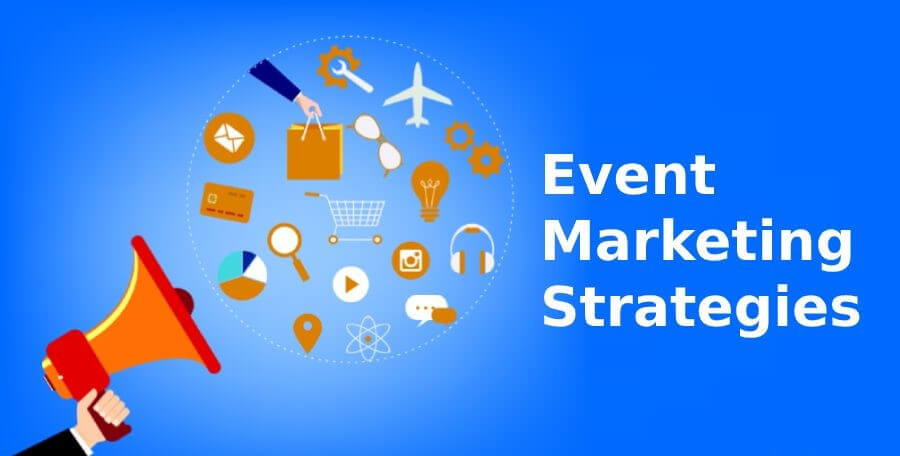
What are the 5 Ps of event marketing?
The 5 P’s of event marketing refer to the five key elements essential to the successful planning and execution of any event marketing campaign. They are:
- Purpose: The event’s purpose, including the goals and objectives you hope to achieve through the event. This should align with your overall marketing strategy and be aligned with your target audience.
- Planning: The planning process involves the detailed preparation and organization of the event, including choosing a venue, securing speakers and vendors, and creating a detailed schedule.
- Promotion: This includes the event’s marketing and advertising to the general public and your target audience. This may involve combining traditional and digital marketing techniques, such as print advertising, direct mail, email marketing, and social media promotion.
- Participation: This includes the participation of attendees, speakers, vendors, and other stakeholders in the event. This includes encouraging attendance, engaging attendees, and providing opportunities for attendees to connect.
- Post-Event: The post-event phase is as important as the planning and execution phases. This includes evaluating the event’s success, collecting feedback from attendees and stakeholders, and using the insights gathered to inform future event marketing campaigns.
In conclusion, the 5 P’s of event marketing provide a framework for businesses to ensure the success of their event marketing campaigns. By considering these five elements, companies can plan and execute influential events that engage and connect with their target audience.
Types of Event Marketing?
There are several types of event marketing that businesses can use to promote their products, services, brands, or causes, including:
- Trade shows and exhibitions: These events bring together businesses in a particular industry to showcase their products, services, and event marketing ideas. Trade shows and exhibitions are great for companies to connect with potential customers, generate leads, and build brand awareness.
- Product launches: These events are designed to introduce a new product or service. They often include demonstrations, product displays, and presentations from company executives.
- Conferences and seminars: These events bring experts in a particular industry to share knowledge and ideas. Conferences and seminars are an excellent way for businesses to establish themselves as industry leaders and connect with potential customers.
- Sponsored events: This type of event marketing involves sponsoring an event aligned with your brand. This can include sponsoring a charity event, sports event, or concert. By investing in an event, businesses can increase their visibility and build brand awareness among networking events bringing together individuals and companies in a particular industry to network and build relationships. Networking events are significant for businesses to connect with potential customers and partners.
In conclusion, there are several types of event marketing that businesses can use to promote their products, services, brands, or causes. By choosing the proper event marketing for their business, companies can connect with their target audience, generate leads, build brand awareness, and establish themselves as industry leaders.

